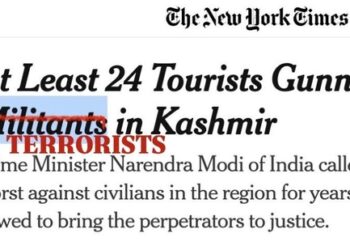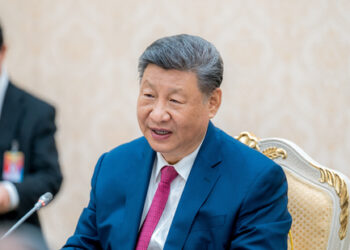Norway has announced plans to mandate bomb shelters in all new buildings as part of its renewed commitment to strengthening civil defense amid growing geopolitical tensions, particularly following Russia’s invasion of Ukraine. This decision marks a significant shift from a 1998 policy that suspended the requirement for bomb shelters in buildings exceeding 1,000 square meters (11,000 square feet).
In a white paper on “total preparedness” published Friday, the Norwegian government underscored the need for enhanced security measures. “It is unjustifiable in the current security policy situation to maintain the decision from 1998,” the report stated. The move aims to close the gap in protective infrastructure, as existing bomb shelters currently cover only about 45% of Norway’s population, lagging behind Finland (90%), Denmark (80%), and Sweden (70%).
The initiative reflects a broader trend across Nordic countries, where governments are proactively preparing for potential crises, including military conflicts, natural disasters, and cyberattacks. Measures such as stockpiling emergency supplies and fortifying financial systems are being adopted regionally to enhance resilience.
Norway has already tightened regulations on foreign investments in strategic industries and is now looking to further align its policies with the European Union’s evolving regulatory framework. The white paper also proposes new restrictions on purchasing properties near military installations and critical infrastructure. A potential compulsory registration of property ownership is being considered to improve transparency and security.
Beyond military preparedness, these measures are part of a comprehensive approach to safeguard Norway’s civil society. The government aims to learn from other Nordic nations, implementing stricter pre-approval processes for property transactions and adopting best practices in crisis management.
Norway’s decision to reinstate bomb shelter mandates underlines the growing importance of civil defense in an increasingly uncertain global landscape. With regional and global security dynamics evolving rapidly, the Nordic nation’s proactive steps are seen as a vital measure to ensure the safety and resilience of its population.








 India
India











